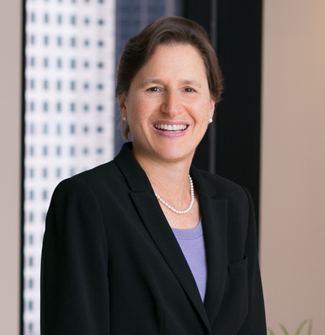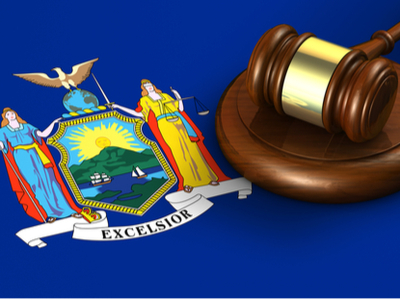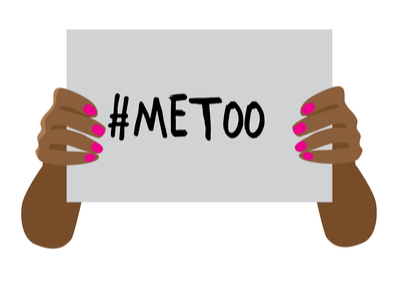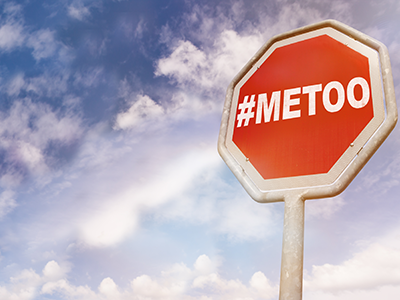California Governor Gavin Newsom recently signed into law SB 142, significantly expanding employers’ obligations to provide break time and lactation room accommodations for working mothers. Following in the footsteps of San Francisco’s Lactation in the Workplace Ordinance, SB 142 imposes a host of new requirements regarding lactation accommodation spaces, policies, and break time: READ MORE
The Golden State Expands Lactation Accommodations For Working Mothers












